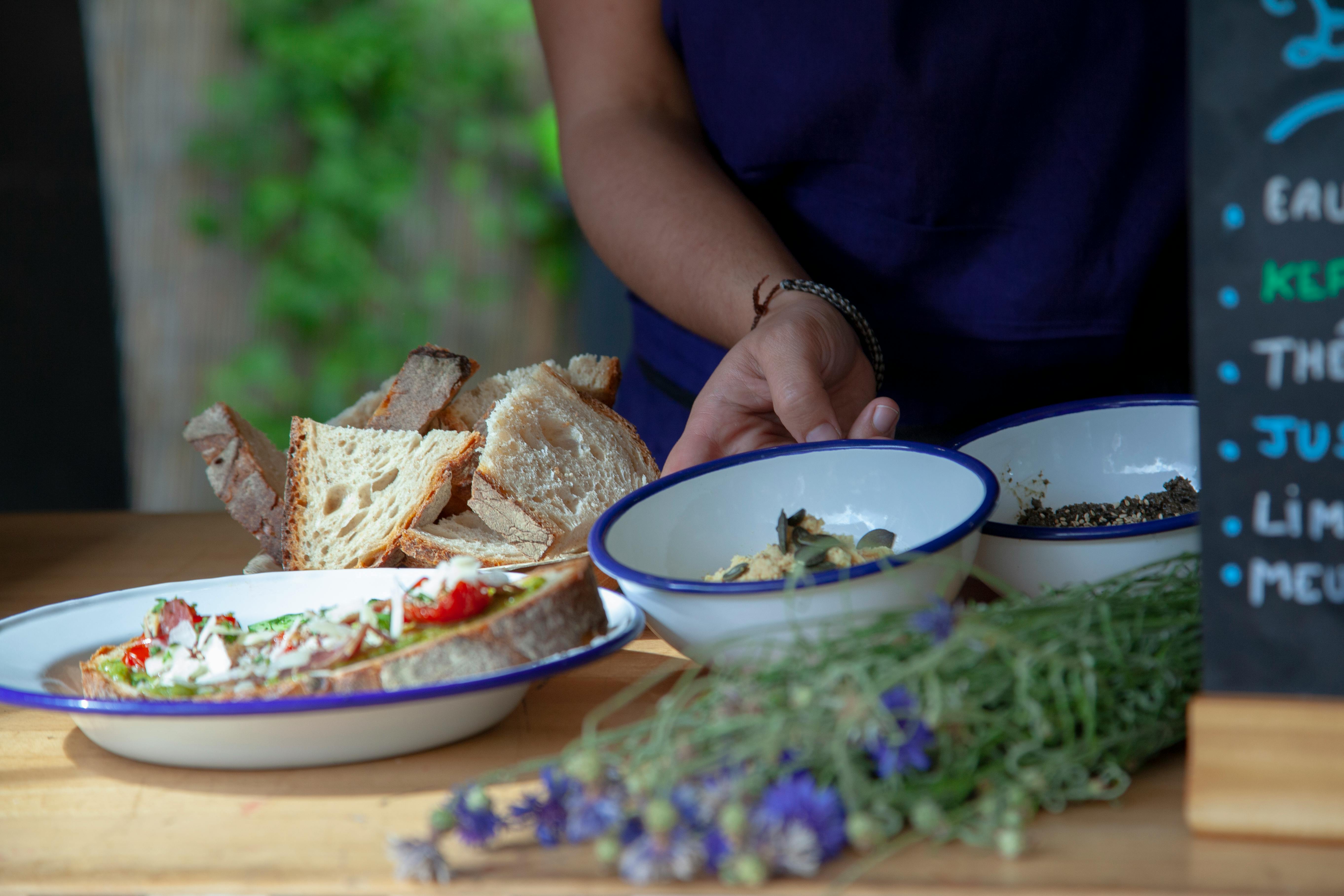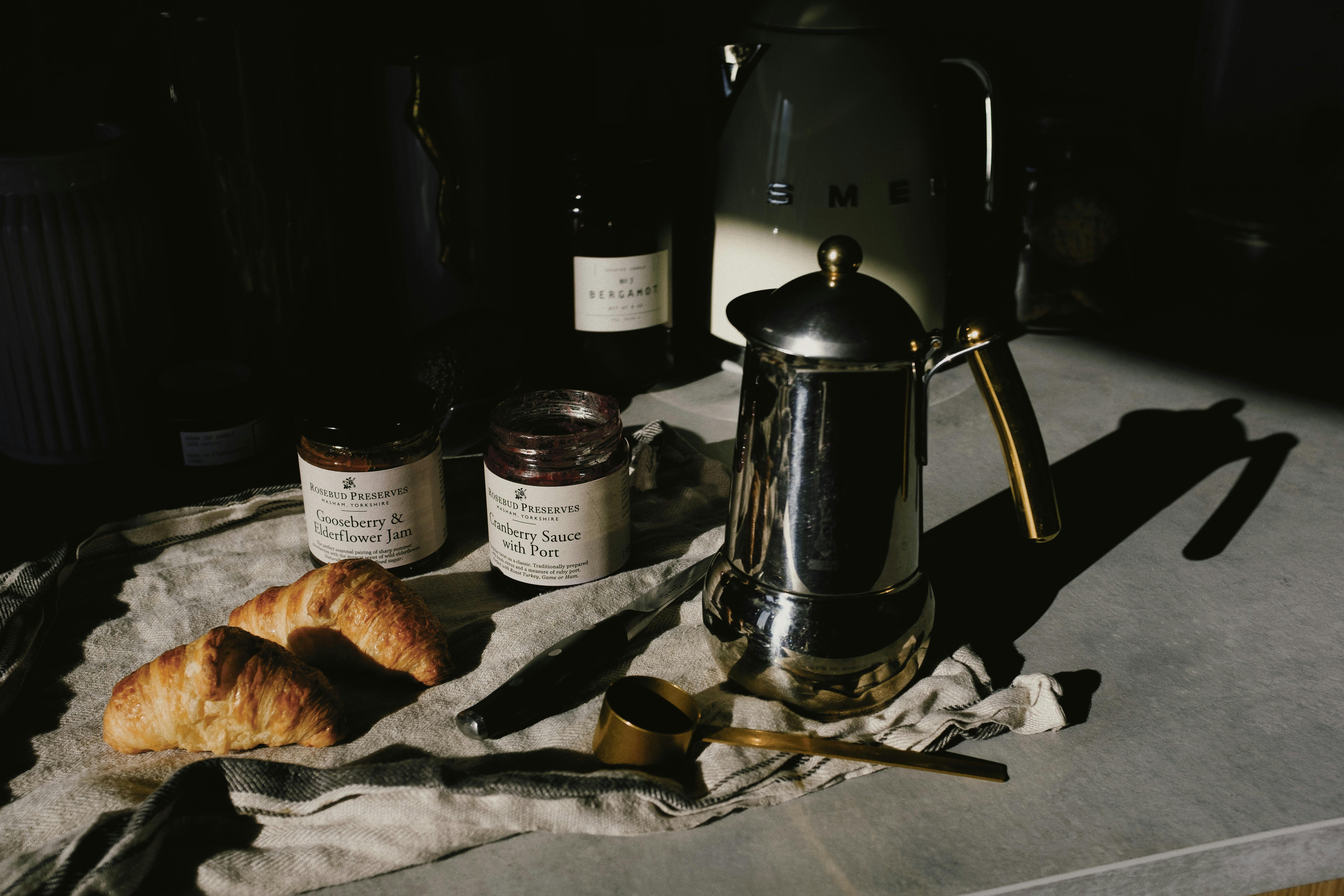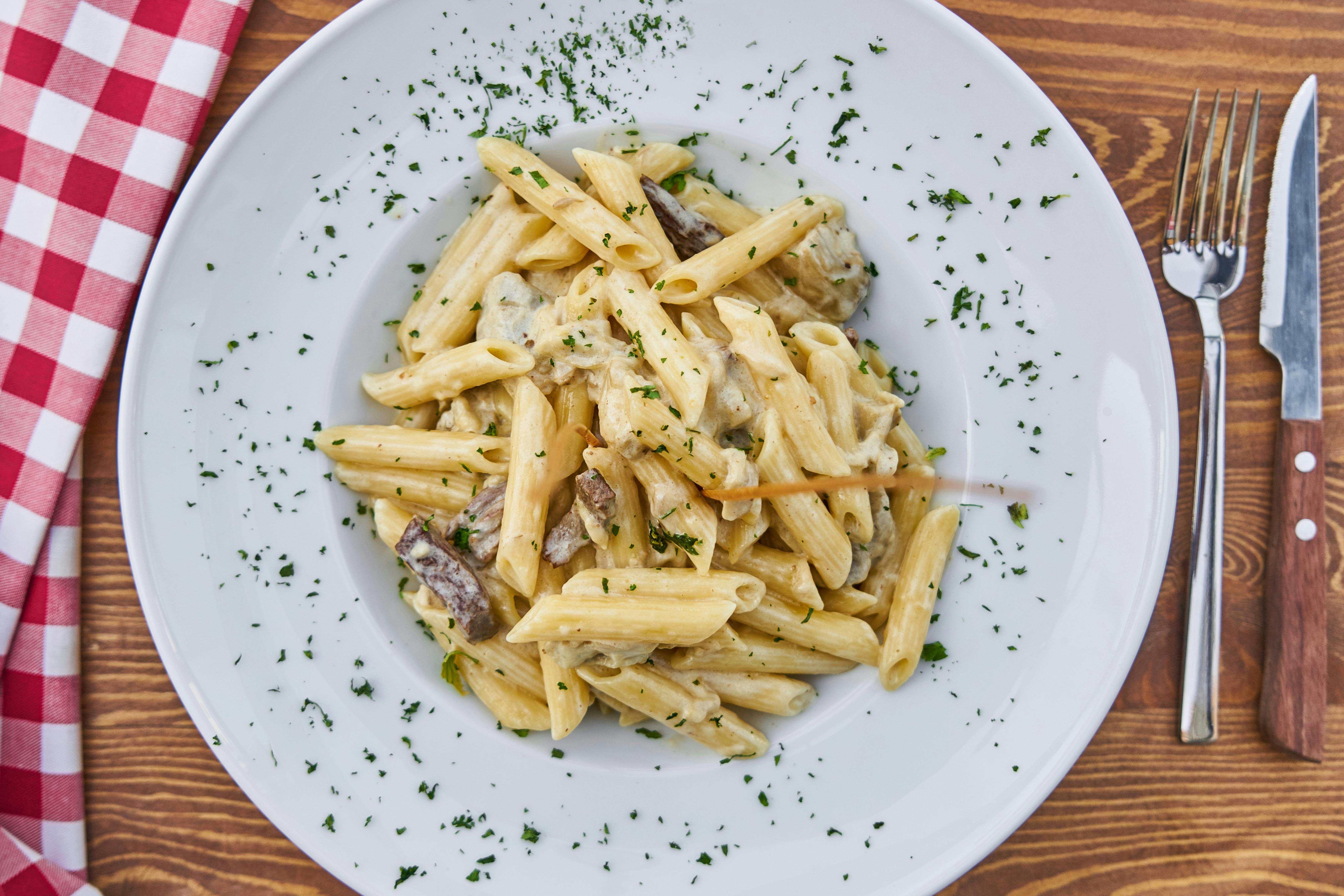Tiruchendur is the second abode of the six places chosen by Lord Muruga, as described by Nakkirar, the famous Tamil poet. It is situated 40 km south of Tuticorin along the beautiful shores of the Bay of Bengal. It is said that Lord Muruga camped here along with his army to defeat the demon Surapadma. It is for this reason that this place has become one of the “Padai Veedu”, meaning the battlefield.
The other names of Tiruchendur are Thirucheeralaivai, Jayanthipuram, Thirubhuvana Maadevi, and Chathurvedi Mangalam.
The glory of the South Indian pilgrimage has been praised by Nakkirar in his poem Thirumurugatrupadai and in other Tamil works such as Purananooru, Silapathikaram and Devaram. Another famous Tamil poet, Arunagirinathar, has compared Tiruchendur to Thirukailai, the abode of Lord Shiva in the Himalayas.
Temple Structure
Normally the Raja Gopuram will be on the east side of the temples in the South India Temple. But only in Tiruchendur, the Raja Gopuram is on the western side. It is said that the Raja Gopuram was not erected on the east side as the sea is very close on the east side. The base will not be strong as it is close to the sea and there is a possibility that the tower is in danger due to sea erosion.
First Prakaram
As we enter the first prakaram, we can see the Kumara Vidanga Peruman shrine on the left. He is the deity of the processional festival of Lord Arumuga Nainar. Moving further we can see the 63 Nayanmars and Thogai Adiyars on the left and Dakshina Moorthy on the right. The next three pillars are adorned with the figures of Kasi Swami, Mauna Swami and Desika Moorthy Swami, the people who created the Thiruppanis temple.
Next to them is the great sanctuary of Valliamman, beautifully decorated with marble slabs. Behind this shrine are the shrines of Sankara Narayanar Swami, Visalaksi Amman, Vethapuriswarar Swami, Vathapuriswarar Swami, Yegambaranathar Swami decorated with marble slabs near the Valliamman Shrine and between them is the Yagasalai. We can worship Lord Chandeeswarar on the north side of the prakaram and Natarajar, Saneeswarar and Bairavar shrines are on the opposite side.
Maha Mandapam
Moving through the Maha Mandapam in two ways, we can worship both the Moolavar (Lord Balasubramanian) and Lord Arumuga. From a place called Maniyadi, we can worship Lord Balasubramanian. Opposite Maniyadi, Parvathi Amman and Kariyamanicka Vinayagar can be seen. Veerabagu Devar is on the left and Veera Mahendra Devar is on the right of the Moolavar.
Second Prakaram
In this prakaram a small image of Dakshinamoorthy is on the south side. At the western end of the prakaram is Noottretu Lingas, or the 108 Lingas. The Soora Samhara Moorthy shrine is situated alongside the 108 Lingas and also the shrine of Arunagirinathar, author of Tiruppugazh, is situated in this prakaram. Next to it is the flight of steps leading to the Mela Gopuram. Mela Vasal Vinayagar is sitting in front of these steps. On the north side of the prakaram, there is the Perumal sanctuary. Here Perumal is standing. Beside this shrine, on the rock of Santhanasala, we can worship Lord Ranganathar in a reclining posture and Goddess Gajalakshmi by his side. We can also see Sridevi, Boodevi, Neeladevi and the images of 12 Alwars.
Shanmugha Vilasa Mandapam
The main entrance to the temple faces south. The magnificent Shanmugha Vilasam is the front extension of the main temple. The mandapam is 120 feet long, 86 feet wide, and is supported by 124 columns. Those who observe the fast, remain in this mandapam where the sea breeze blows refreshingly. This mandapam was originally made of white stones. It was later renovated with granite stones by Mauna Swamigal. The granite roof of the mandapam, without the support of pillars, testifies to the excellent architectural technology of ancient times. Looking from the Shanmugha Vilasa Mandapam, one can worship Lord Senthilandavar with his consorts at the Maha Mandapam.



